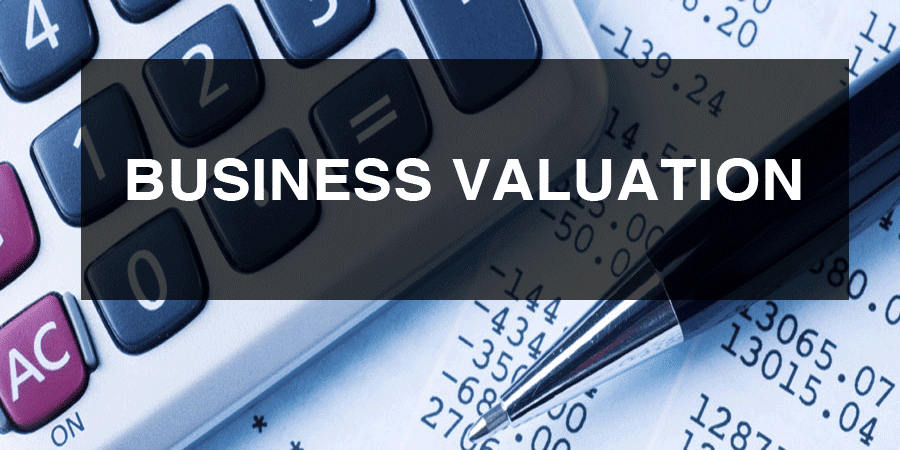Valuing a petrol station for sale is a complex process that requires an in-depth understanding of the industry, the local market, and the financials of the business. If you are interested in buying a petrol station, knowing how to value it properly is essential to make an informed decision. This article will discuss the key factors to consider when valuing a petrol station for sale in South Africa.
Petrol Station Valuation Methods
There are several methods for petrol station valuation, including the income, market, and asset approaches.
The income approach considers the future cash flows that the business is expected to generate and determines the present value of those cash flows. This approach is based on the assumption that the value of a business is determined by its ability to generate future profits.
The market approach compares the petrol station to other similar businesses that have recently been sold. This method takes into account the market trends, the location of the petrol station, and the condition of the assets.
The asset approach considers the value of the assets owned by the petrol station, such as the land, buildings, and equipment. This approach is based on the assumption that the value of a business is determined by the value of its assets.
Factors to Consider When Valuing a Petrol Station
When valuing a petrol station, there are several factors that you should consider, including the following:
Location
The location of the petrol station is a crucial factor in its valuation. A petrol station located in a high-traffic area with easy access will typically be worth more than one in a remote location. The proximity to major roads, public transportation, and other amenities can also influence the value of the petrol station.
Fuel Volume
The volume of fuel sold by the petrol station is another critical factor in its valuation. Higher fuel volumes generally translate to higher profits, which in turn, increase the value of the business.
Operating Costs
The operating costs of the petrol station, including rent, utilities, staff, and maintenance, should be carefully considered when valuing the business. Lower operating costs can increase profitability and, therefore, the value of the business.
Environmental Factors
Environmental factors such as soil contamination, groundwater pollution, and air quality can also influence the value of a petrol station. If a petrol station has environmental issues, it may require costly remediation, which can reduce its value.
Brand
The brand of the petrol station can also impact its value. A petrol station associated with a reputable brand is likely to attract more customers and generate more revenue, leading to a higher valuation.
Additional Services
Many petrol stations offer additional services such as car washes, convenience stores, and food outlets. These additional services can increase revenue and, therefore, the value of the business.
Financials
The financial performance of the petrol station is, of course, the most critical factor to consider when valuing the business. You should carefully review the financial statements of the business, including the income statement, balance sheet, and cash flow statement, to determine its profitability and potential for growth.
Conclusion
Valuing a petrol station for sale in South Africa requires careful consideration of several factors, including the location, fuel volume, operating costs, environmental factors, brand, additional services, and financials. It’s essential to use a combination of valuation methods to arrive at a fair price for the business. If you are looking to buy a petrol station in South Africa, it’s recommended that you work with a reputable broker who has experience in the industry and can guide you through the process. With careful consideration and expert guidance, you can find a profitable petrol station that meets your needs and budget.










